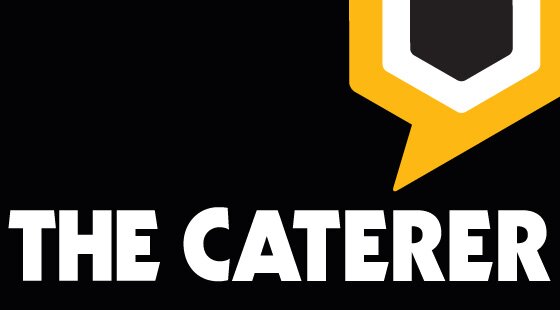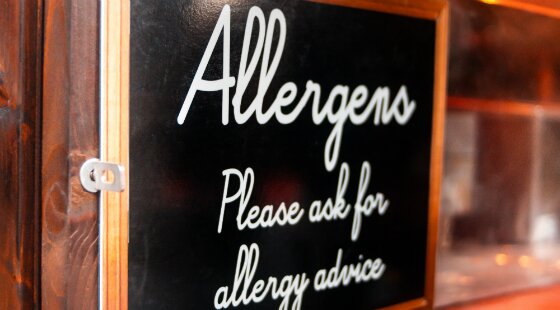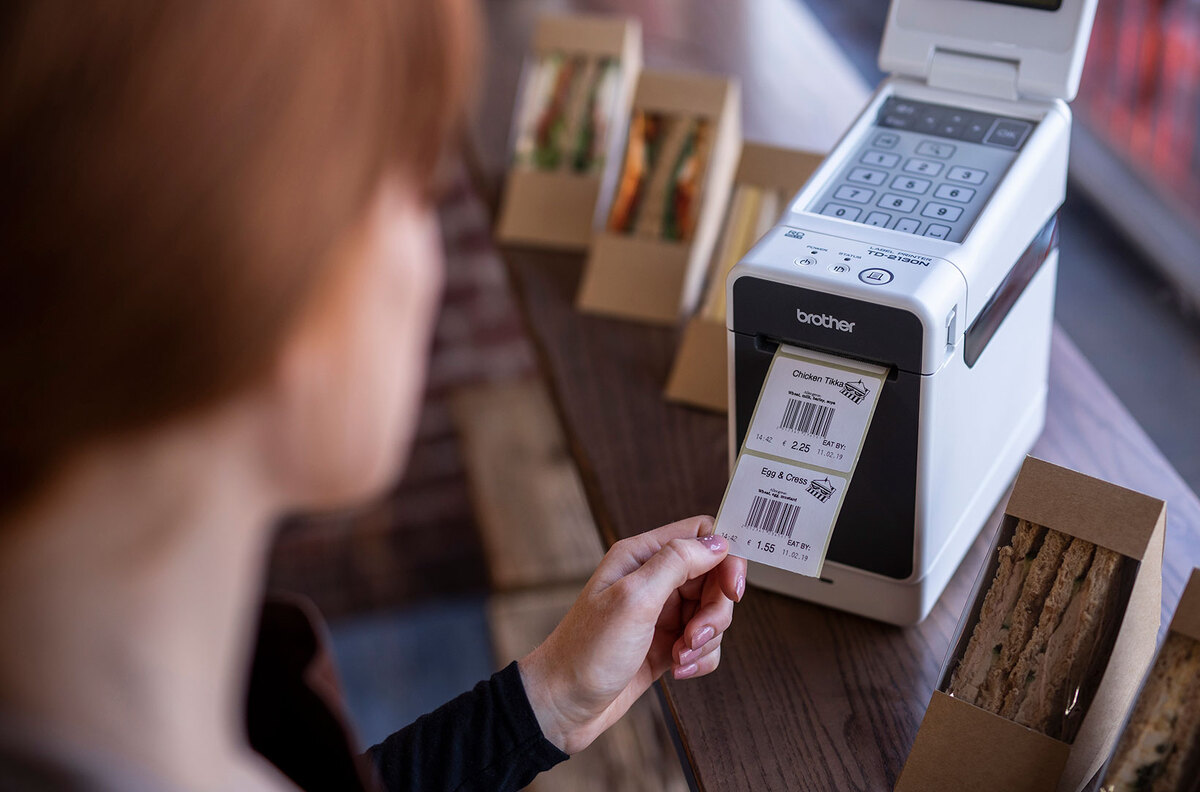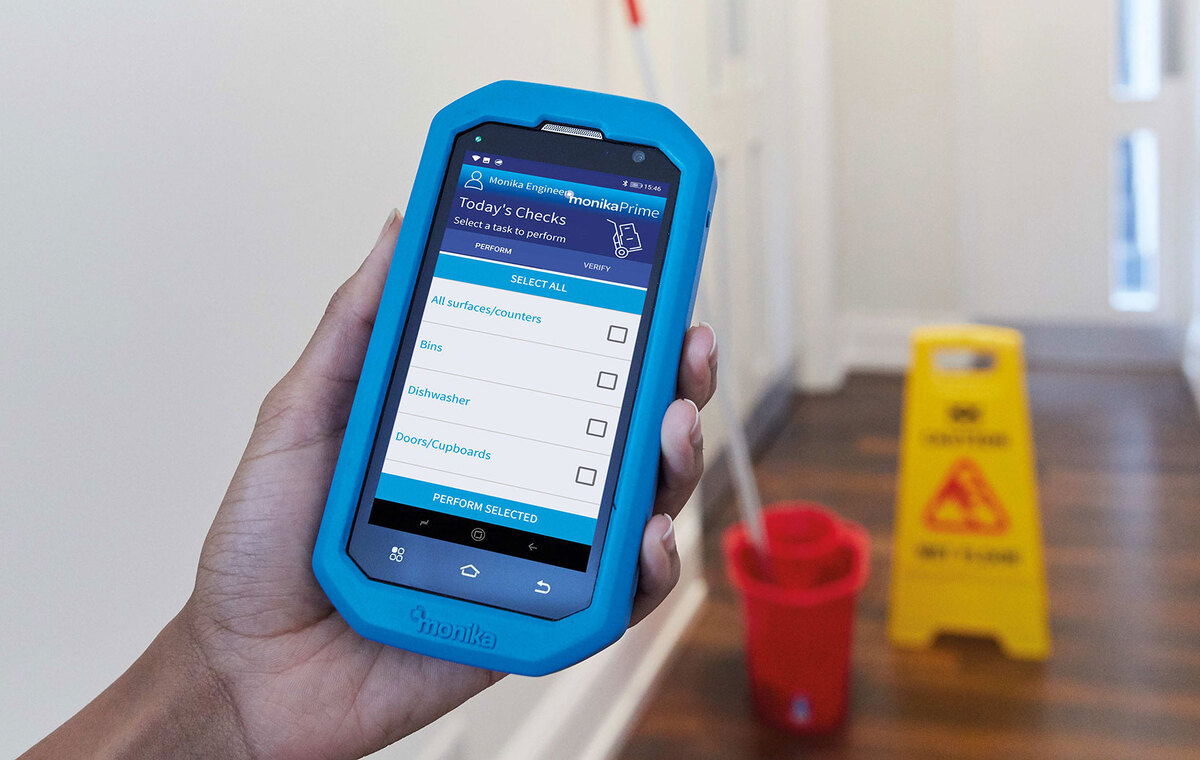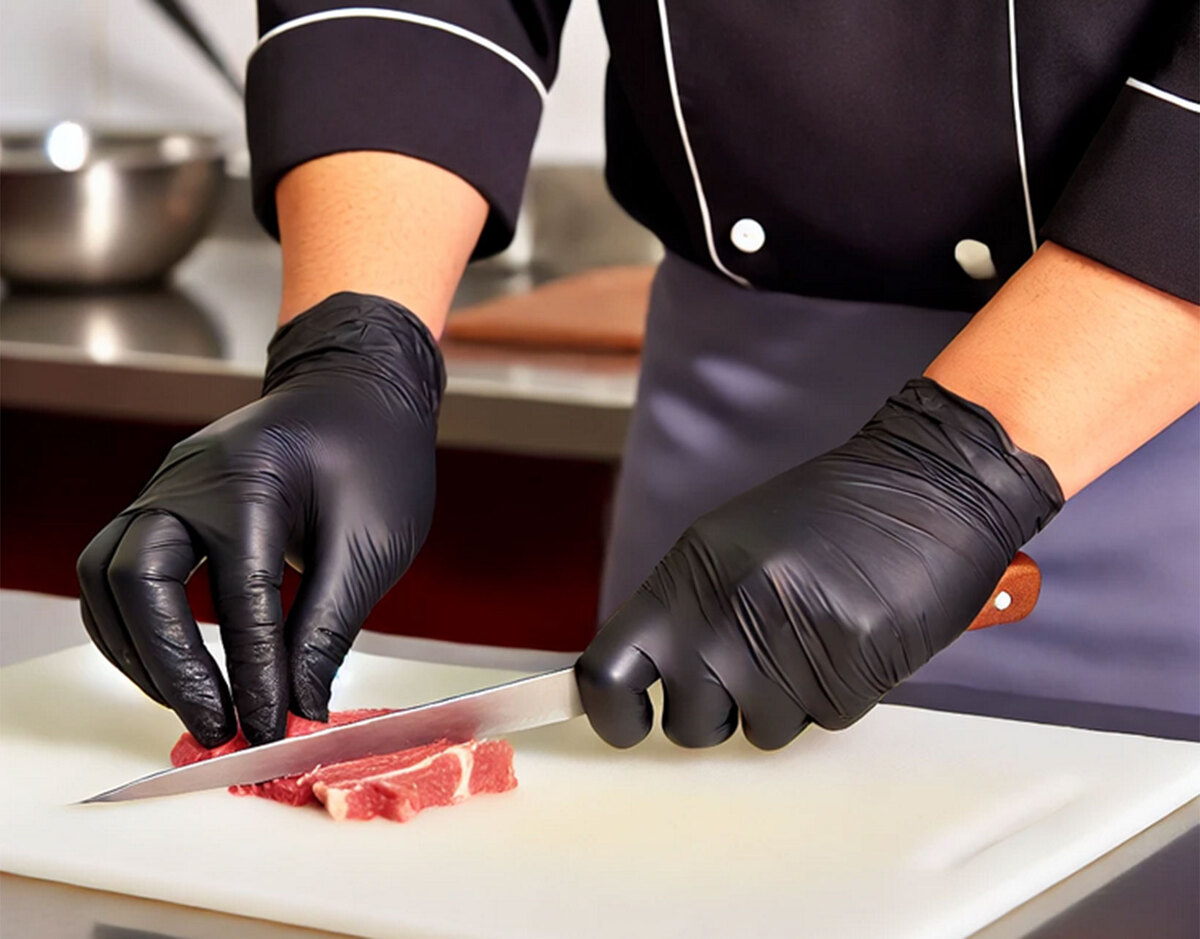Allergens: Do you really know what’s on your plate?
Even with Natasha’s Law in place, some operators still have blind spots with allergens, often with severe consequences. So what are the failsafe processes an operator adopt? Will Hawkes reports
Late last year, Caroline Benjamin found herself rooting around the storeroom of a restaurant in the Midlands. “I’d been assured by the owner that they didn’t have any allergens in the restaurant,” says Benjamin, who founded foodservice consultancy group Food Allergy Aware in 2012. “‘We’re completely allergen-free’, he told me. But in the storeroom I found the base curry powder they use, and that included gluten, celery and mustard.”
Given the stakes involved, it’s remarkable that some operators remain so careless when it comes to allergens. In the past few months, a number of businesses have been punished for allergen-related infractions, from peanuts in a curry advertised as peanut-free to a “nut- and sesame-free” chicken shawarma that caused one customer to suffer (thankfully not fatal) anaphylaxis.
“If I can have a three-course meal that’s gluten- and dairy-free, I will. But if I can’t, then the rest of my family won’t either – and that’s at least £50 that we won’t have spent”
No-one can claim to be unaware of the seriousness of the situation. There’s never been a greater focus on allergens, particularly since 2021, when Natasha’s Law, which requires all pre-packed for direct sale (PPDS) food to include a full list of ingredients and allergens, was introduced. Anyone with an allergy or a relative who has one will have had the experience of being handed the huge allergies ‘bible’ when dining at a major mid-market chain.
Still, there is so much more that can be and must be done – and not only because people’s lives are at stake. There’s a financial imperative to provide proper alternatives, too. “If I can have a three-course meal that’s gluten- and dairy-free, I will,” says Benjamin, who has suffered with irritable bowel syndrome. “But if I can’t, then the rest of my family won’t either – and that’s at least £50 that we won’t have spent.”
Label of love
One of the key issues Benjamin identifies is storage, when food is prepared and then left in a fridge without proper labelling. “There might be a date label, there might be some of the ingredients, but the allergen information isn’t always available,” she says.
This is an issue that intersects directly with Natasha’s Law, as Simon Brennan, senior business manager for specialist printing solutions at Brother UK, notes. “Natasha’s Law has raised the bar for allergen management, and clear labelling is a big part of getting it right,” he says. “With the right tools, the hospitality sector can build trust, improve safety and make compliance a smoother process.
“High-resolution label printers have become an invaluable tool for creating clear, durable and compliant labels. Unlike handwritten labels, printed versions are smudge-proof and easy to read, helping businesses avoid common pitfalls.”
But clear labelling on its own isn’t enough. There’s often a lack of oversight too, as in the case at the Strand Palace hotel in London in 2023, when it was fined £70,000 after a customer with a nut allergy was served a dessert that contained nuts. The dish came from a supplier, the hotel claimed, and the labelling was deficient.
Technology could be one answer. Monika suggests its team management system, which – according to Rag Hulait, Monika UK director of sales – can “help employees adhere to systems through managers programming a bespoke list of tasks for staff to work through”.
“Task statuses are automatically updated thanks to Monika’s cloud-connected systems, so managers can view which tasks have been completed, when and by whom, via one centralised dashboard, which can be accessed via any desktop or mobile, including while offsite,” he adds. “This makes it ideal for multi-site managers looking to compare performance.”
Enter the matrix
One of the key elements of allergen management is an ‘allergen matrix’, a chart where a restaurant’s dishes and the allergens they contain are plotted. It’s very common in hospitality now, but it’s not an answer in itself. Benjamin’s storeroom discovery came as part of a project she was commissioned to do by Chesterfield Council in September, when she visited hospitality venues across the town in order to assess how well they were doing.
“We looked at 15 businesses over four days, and they were all smaller businesses,” she says. “What was quite surprising was the consistency of the issues – [one of which was that] someone will have done an allergen matrix, but nobody else checks it. You need someone to check it.”
There’s still a lack of information available to the public, too. “It’s still quite hard to find allergen policies on hotel websites,” says Benjamin. “They might have it on the menu, with a line about ‘please ask a member of staff’, but hospitality needs to have an external as well as an internal policy when it comes to allergens.”
Kitchen care
There are a number of useful products available now for operators aiming to be on top of their game. Sybron suggests its biodegradable bio-nitrile gloves to avoid cross-contamination. “Nitrile and latex gloves inevitably end up in general waste,” says Sybron’s George Mason. “These bio-nitrile gloves will make yet another category in our range more sustainable, helping customers fulfil their environmental responsibilities.”
Wrapmaster says its kitchen wrap (which is dispensed from a plastic container) is better for those aiming to avoid cross-contamination than more traditional cardboard boxes. “Unlike cardboard cutter boxes, the plastic casing protects kitchen wrap from spills and dirt, minimising the risks.” says Adrian Brown, managing director at Wrapmaster’s parent company Cofresco Foodservice.
“The container can be easily cleaned with sanitiser and 100% disinfected in a commercial dishwasher with a rinse temperature of above 80°C.”
EHL Ingredients, meanwhile, was rated AA+ in global standards for food safety by the British Retail Consortium Global Standard in October 2024. EHL, an importer, blender, packer and supplier of food ingredients to the foodservice sector, offers “an extra layer of protection to our customers and their finished products,” according to Tasneem Alonzo, joint managing director.
In the end, as Benjamin notes, nothing can be left to chance when it comes to allergens, which is why Food Allergy Aware is planning to launch its ‘Near Miss’ campaign this year, which hopes to promote following up on ‘near misses’ and sharing information to ensure best practice across the industry. “It’s not about naming and shaming, it’s about ensuring it doesn’t happen to anyone else,” she says. “In order for everyone to be better, we need to share.”
Suppliers
Brother UK www.brother.co.uk/business-solutions/hospitality-and-leisure
EHL Ingredients www.ehl-ingredients.co.uk
Monika UK www.monika.com
Sybron www.sybron.co.uk
Wrapmaster www.wrapmaster.global/en
Top photo: Bits and Splits/Shutterstock





